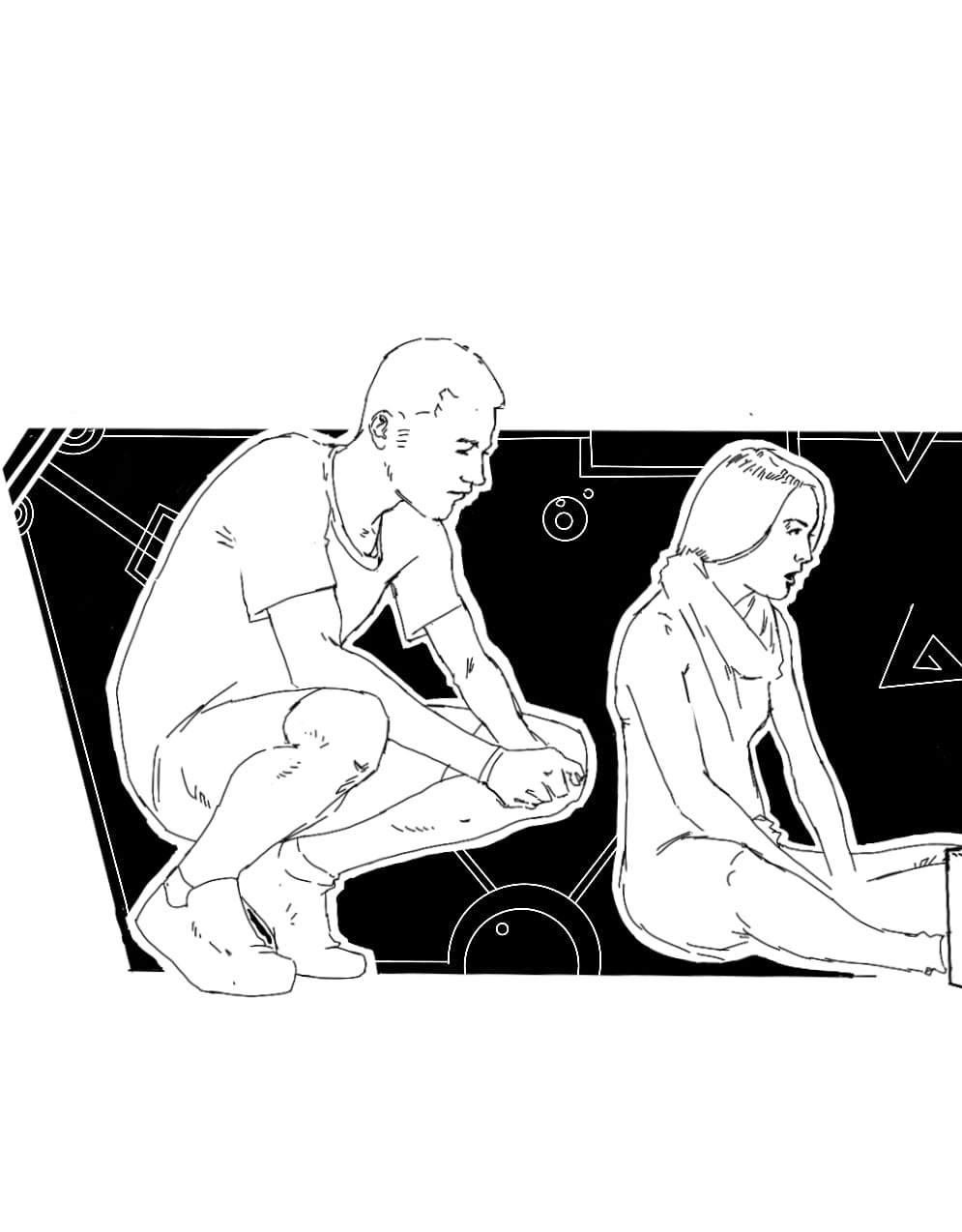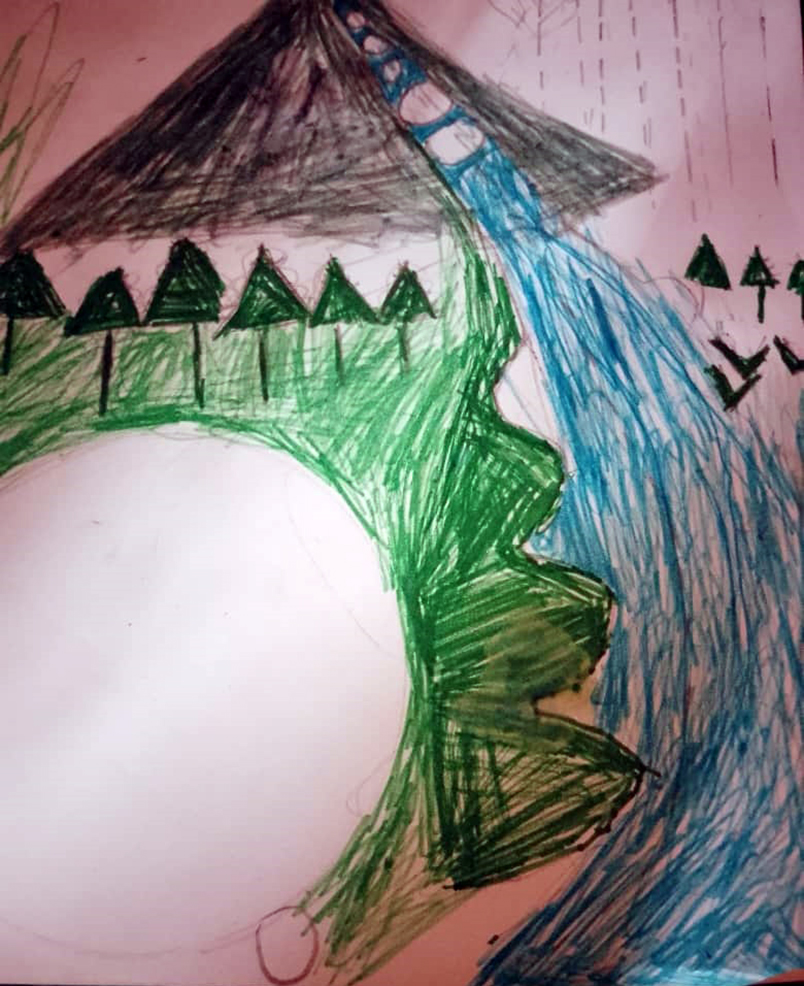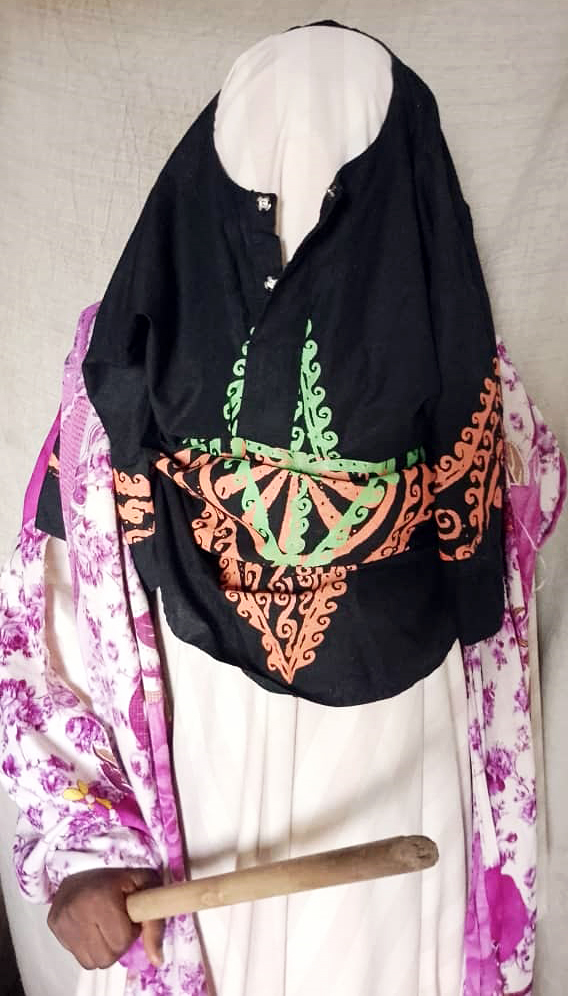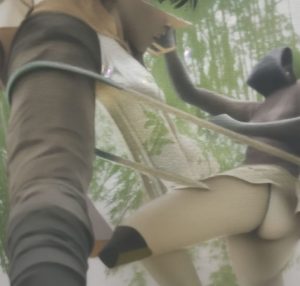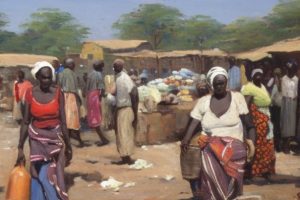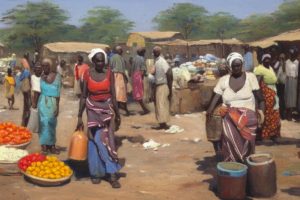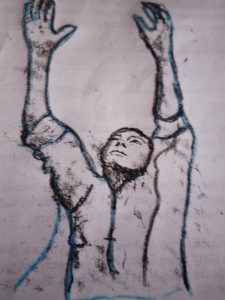
Credit: Black Campus Magazine / Adetunji Faleye
In the heart of Iwuland, where the golden rays of the African sun cast shadows on a vibrant community, an undercurrent of tension brewed between Christians and traditional religionists.
The village, located on a riverside between mountains and lush landscapes, had long been a variety of diverse beliefs, customs, and traditions.
At the center of the conflict stood Sade, a young woman who grew up in a home that blended both Christianity and traditional beliefs.
Her father, a staunch traditionalist, and her mother, a devout Christian, had always managed to find common ground.
However, as the winds of change blew through Iwuland, the once harmonious co-existence began to unravel.
The source of the discord could be traced to the elders’ council, where heated debates about the rightful path for the community’s spiritual journey echoed through the ages-old meeting hall.
Traditionalists argued for the preservation of ancestral customs and practices, emphasizing the connection between the people and their roots.
On the other side, fervent Christians advocated for a more modern and singular spiritual direction, believing that unity could only be achieved through a shared faith.
Sade found herself caught in the crossfire, torn between the beliefs of her parents and the escalating tensions in her community.
As the conflicts intensified, so did the division within families, friends, and neighbours.
The once-unified Iwuland community became a tapestry of discord, with mistrust and resentment weaving its threads.
One day, a wise elder named Ade, who had seen the village through decades of both harmony and strife, decided to take matters into his hands.
Recognizing the need for a resolution, Ade gathered representatives from both sides and proposed a compromise – a celebration that embraced the diversity of beliefs within Iwuland.
The proposal involved organizing a grand festival where traditionalists and Christians could showcase their customs side by side.
It would be an opportunity for the community to witness the beauty in their differences and foster mutual respect. The elders agreed, and preparations for the Unity Festival began.
As the festival approached, skepticism hung in the air, but a glimmer of hope also danced in the eyes of those who yearned for reconciliation.
The day arrived, and Iwuland transformed into a vibrant kaleidoscope of colours, sounds, and flavours. Traditionalists adorned in rich, ancestral attire paraded alongside Christians in their Sunday best.
The festival featured traditional dances, Christian hymns, and a communal feast where everyone shared in the bounty of the land.
Amid the celebration, Sade, with tears in her eyes, witnessed her community coming together. The once-divided Iwuland found a harmonious rhythm that transcended religious boundaries.
In the end, the Unity Festival became an annual tradition, a testament to the power of understanding and acceptance.
The constant fighting transformed into a celebration of diversity, creating a legacy that would echo through the hills of Iwuland for generations to come.
So, Iwuland once divided along religious beliefs became a center of attraction and love among different compounds, families, and religions.
Never did anyone think of having a unified community like Iwuland where religious tolerance and understanding became the hallmark of unity.
The spectacle for nearby communities, hamlets, and villages each year is the Unity Festival that become an annual tradition.
What’s your thought about this story?


